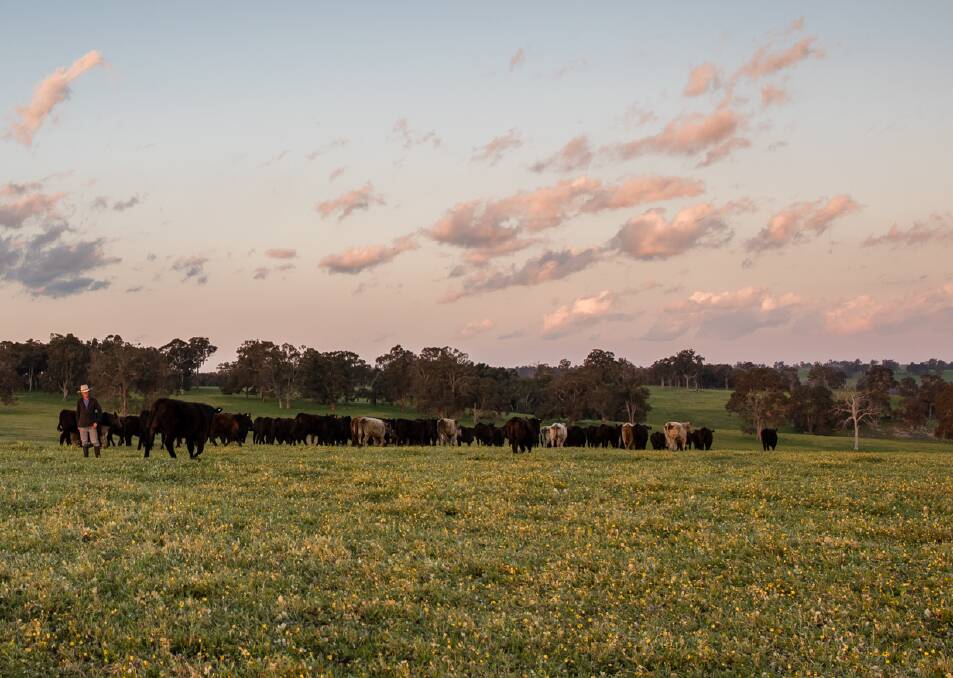
OFFERING customers with amazing Western Australian food made by family farmers and local businesses is what the State's leading regenerative farming company is all about.
Subscribe now for unlimited access to all our agricultural news
across the nation
or signup to continue reading
Wide Open Agriculture (WOA) is an ASX-listed regenerative food and farming business, founded in 2015, which grows and sells products through it's brand Dirty Clean Food.
WOA partners with farmers in the Wheatbelt and South West who are committed to rebuilding healthy soil, enhancing biodiversity and restoring waterways.
Managing director Ben Cole, who is also one of the co-founders, said Dirty Clean Food allowed them to connect farmers on a regenerative journey with conscious consumers who are interested in where their food comes from and the impact it's having on farmland.
"People are really aware of the environmental challenges that we're facing and amongst all the realities of the COVID-19 outbreak, there's still a lot of interest in taking personal actions to reduce climate change," Dr Cole said.
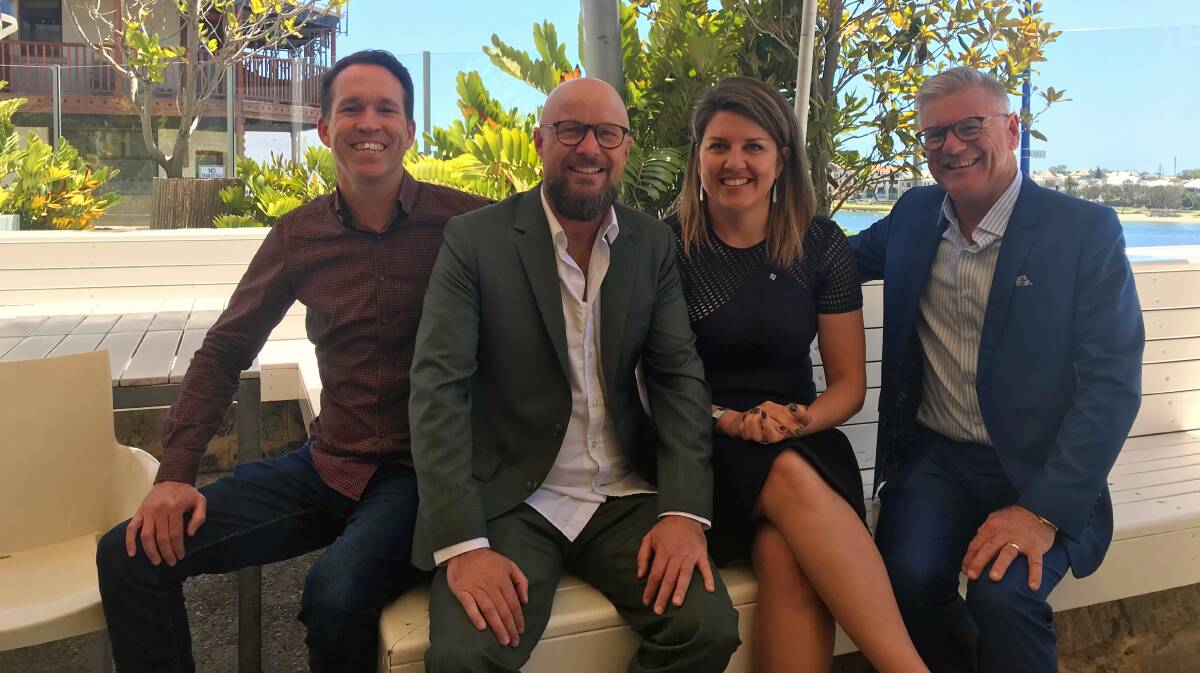
"Agriculture is one of the most vital solutions, it's a large contributor but it can also be a very large sequester of carbon.
"We think customers are looking to maximise their alignment to environmental values, but also social values and respecting the hard work and effort that every farmer puts into producing delicious food."
WOA was essentially created by Dr Cole, a social enterprise expert, Anthony (Maz) Maslin, an entrepreneur and stockbroker and Stuart McAlpine, a Dalwallinu farmer and Liebe Group co-founder.
Mr Maslin's three children, 12-year-old Mo, 10-year-old Evie and eight-year-old Otis, were killed in the MH17 plane crash in 2014.
He saw WOA as an opportunity for him to honour his children by creating a farm-to-fork business model, alongside his partners, which collaborates with farmers to produce sustainable and diverse agriculture.
Dr Cole said they were lucky to get some early investors, including one from Holland.
"Dutch organisation Commonland was really supportive of our business idea which allowed for the regeneration of landscapes and communities, but was also focused on the bottom line and making a profit," he said.
Dirty Clean Food is the core business of WOA, with the brand serving as an alternative marketing and sales channel for livestock, predominantly beef and lamb, and oats.
Before the outbreak of coronavirus, the company was selling to 55 premium restaurants around WA, however it was fortunate the business had multiple sales channels.
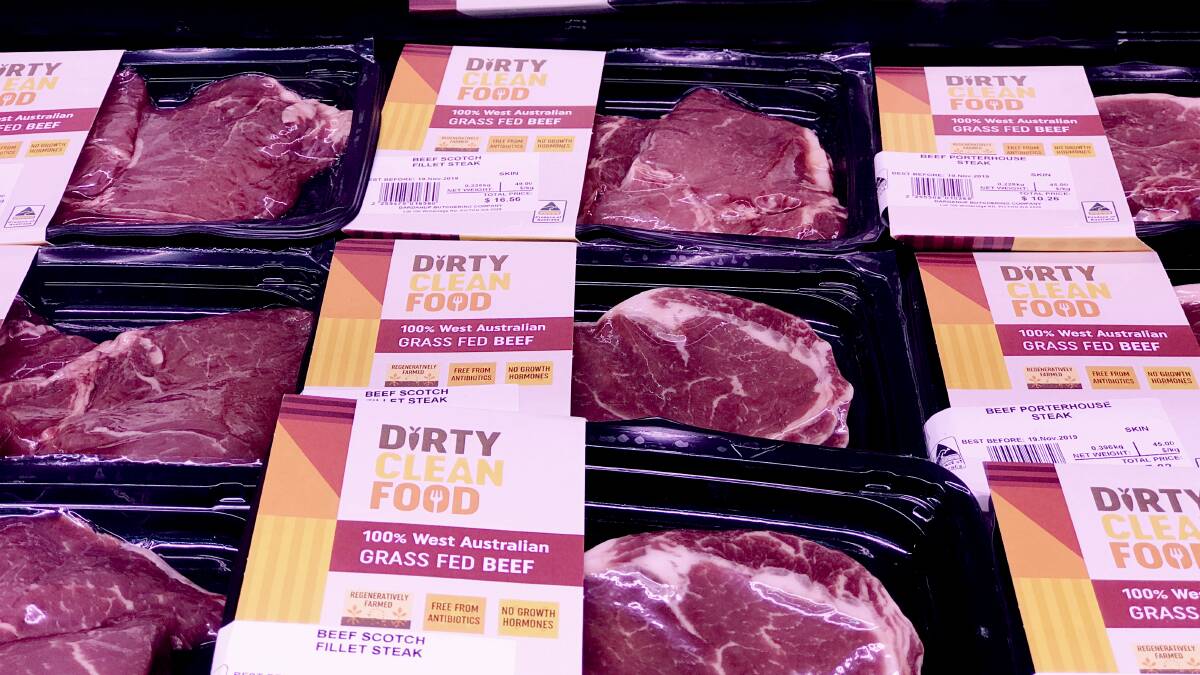
Dirty Clean Food products are sold in more than 20 retail stores, such as IGA and Farmers Jacks, plus everything is available via an online shop.
The company has been able to support consumers in Perth with next-day home delivery amidst beef and lamb shortages in supermarkets across the city, experiencing a 600 per cent increase in online sales month on month from February to March 2020.
Since the COVID-19 outbreak, the company has teamed up with various local hospitality businesses hit hard by the crisis to deliver even more regenerative and sustainable produce to Perth homes.
Dirty Clean Food has reached out to other local businesses, feeling the pinch at this time, leveraging its online platform for ethical local food.
Short Order Burger patties, made from 100pc grassfed beef, can now be ordered online via the Dirty Clean Food website, while freshly frozen WA fish from Fins Seafood has also been added.
Dirty Clean Food general manager Jay Albany said they have many other local products available now and in the coming weeks through the online shop, including Margaret River Woodfired Bread, Miller & Baker Flour and Alderton's Organic Pasture Raised Chicken.
"Buying the products from these guys, you're not only getting the highest quality, most delicious products sustainably created, you're also helping local businesses survive this most unsettling time," Mr Albany said.
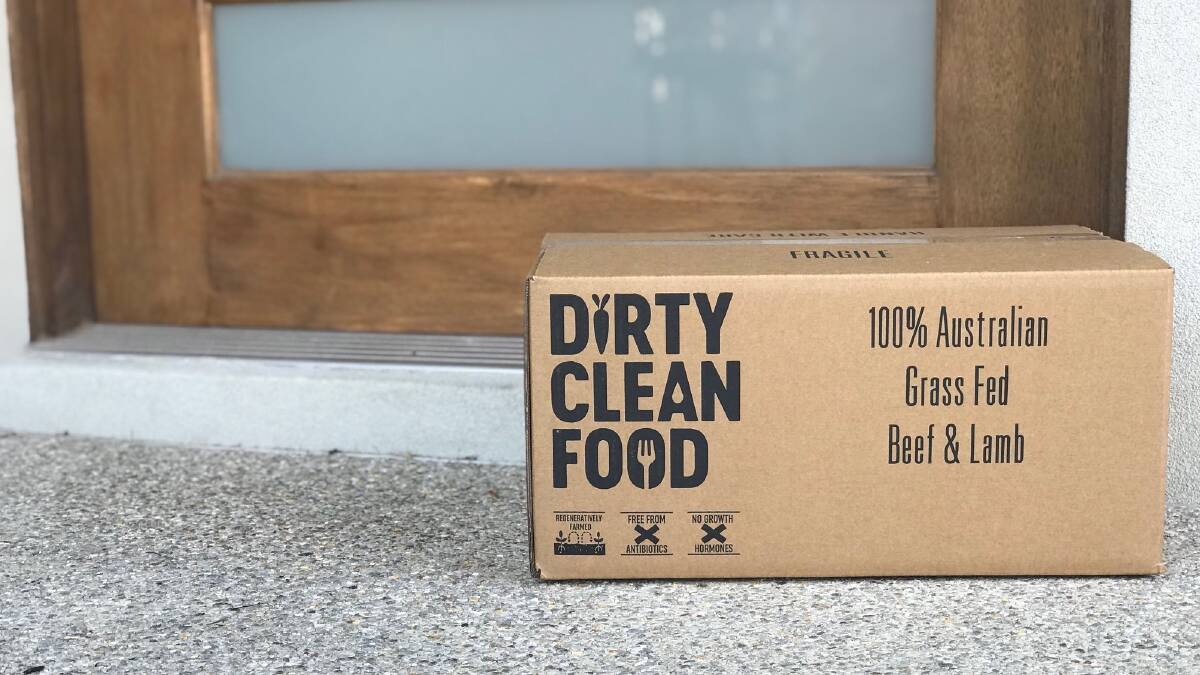
In terms of their own suppliers, WOA has six farmers, stemming from the Wheatbelt to the South West, currently supplying produce.
Dr Cole said they ask the farmers to follow their production protocols, which is a baseline of what is non-negotiable.
"They then move towards a regenerative farm plan which is really looking at what they're doing on the farm, right now to improve their soil, particularly around capturing carbon," he said.
"We also look at what they're doing to protect and enhance biodiversity and also to improve their water and nutrients cycle.
"We don't dictate the farming practices to them, but what we do ask of them is that they can demonstrate their moving in the right direction in terms of soil, water and biodiversity."
The company is focused on not telling farmers what to do, but instead walking through the journey of regenerating their farmland and understanding regenerative practices with them.
Dr Cole said the word regenerative was poorly defined, but what they're doing is putting it into practice.
"We're saying we need to see your practices around soil health, what are you doing around cover crops, how are you choosing fertiliser, are you retaining stubble," he said.
"Those sorts of questions are becoming a lot more practical, I think before regenerative agriculture used to just be a word, but now, we don't really care about the word, we care about the practices and the impacts they have."
When it comes to the future, WOA has grand plans, but for now, the focus is on consolidating the domestic market.
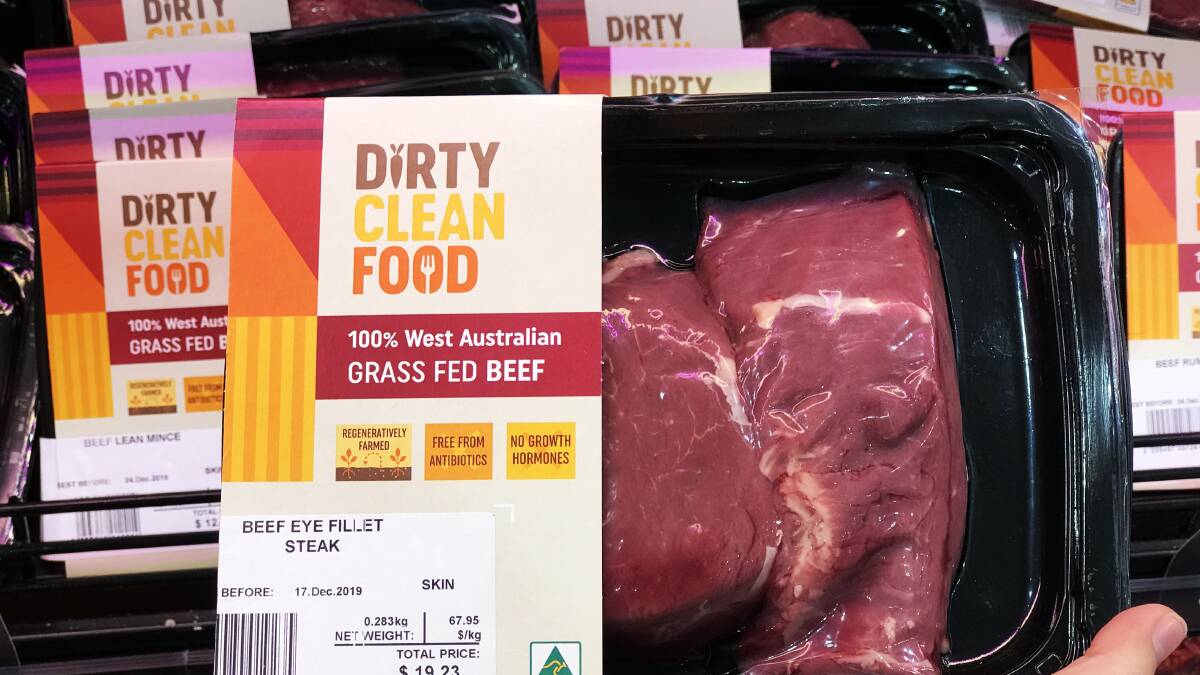
Dr Cole said they wanted to really solidify the online and retail market so when restaurants re-open, they can support them.
"We also have our eye firmly on east coast markets and the objective is to get into South East Asian markets," he said.
"We've had some great preliminary conversation with distributors in Singapore, Thailand and Japan and we're really wanting to hone down on those emerging economies where there is an interest in healthy eating and the story behind the food."
It's that story which drives Dirty Clean Food's success.
The increasing consumer demand to know where their food came from, how it was made and the story behind it, is what inspires the company to keep going.
Dr Cole said they want people to delve because farmland and food was only going to get better if farmers and customers in Perth were on the journey together.
"It's not going to help if consumers are asking for one thing and farmers aren't hearing them," he said.
"It's certainly not going to help farmers progress and farm in a way that consumers want if they're not talking.
"We hope Dirty Clean Foods continues to bring those two parties together to contribute to making a better food system."
The farmers who supply Dirty Clean Food do so because they know consumers are genuinely grateful for being able to access food that they know the story of and that they feel positive about.
The company expects demand for their products to keep growing, and as that demand increases, they will be looking for more farmers that want to be involved.
"We understand it's a matter of us making sure we have the right demand and making sure the farmers are comfortable to be a part of the expectations of Dirty Clean Food," Dr Cole said.
"As a publicly-listed company, we also hope that when people eat our food and value our story around how we treat farmers and the farmland, they would see us as a genuine investment opportunity."

